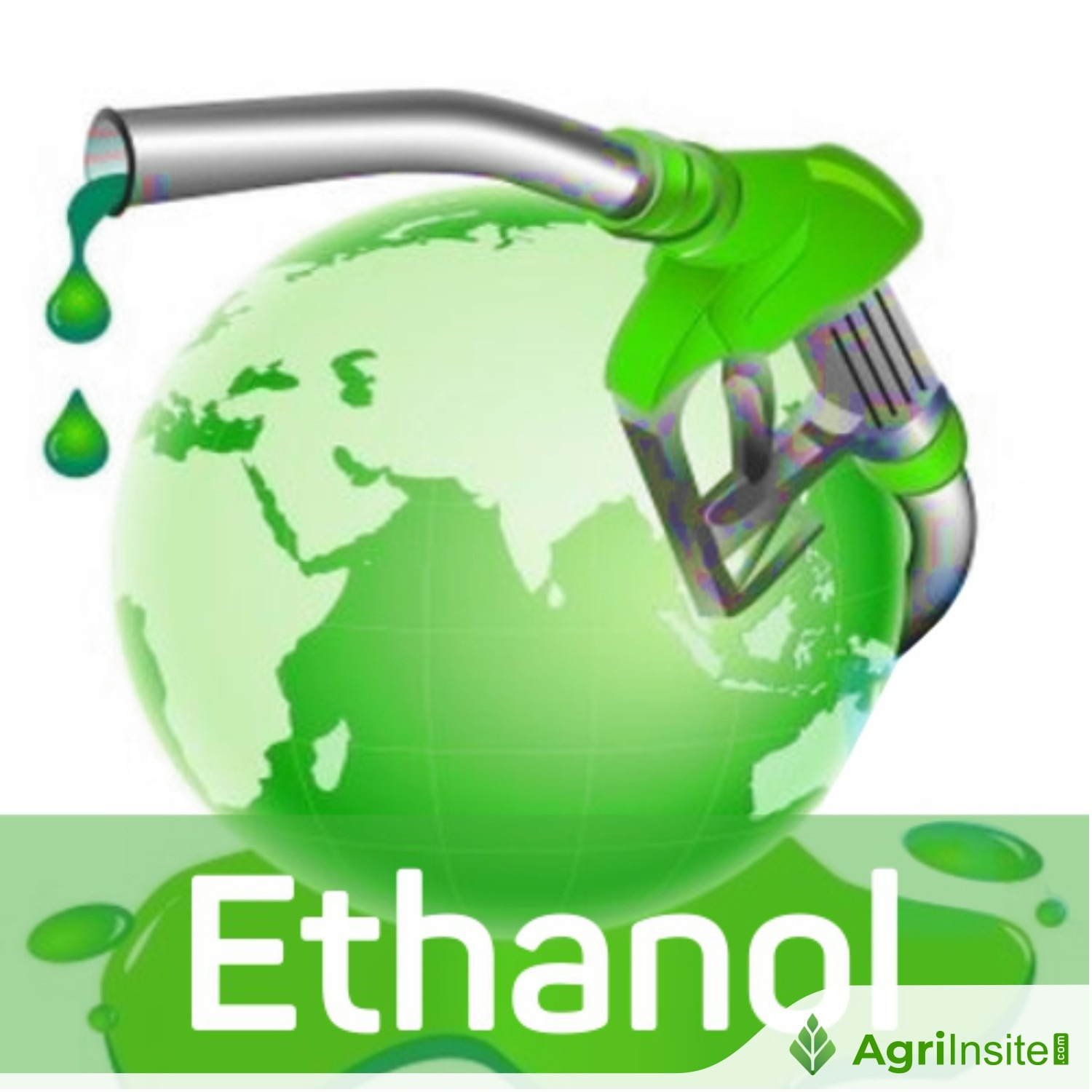Ethanol Market is expected to grow at 5.5 percentage from 2024 to 2030

The ethanol market, valued at $110.4 billion in 2023, is projected to reach $160.6 billion by 2030, growing at a 5.5% CAGR. Key drivers include government mandates for cleaner energy, expanding biofuel use, and technological advancements like second-generation ethanol. Asia sees mergers in Vietnam, Thailand, and Singapore boosting production, while the U.S. and Europe focus on sustainability-driven partnerships. This growth reflects ethanol’s role in reducing emissions, supporting energy independence, and enhancing industrial applications.
𝐄𝐭𝐡𝐚𝐧𝐨𝐥 𝐌𝐚𝐫𝐤𝐞𝐭 size was valued at US$ 110.40 Bn. in 2023 and the total Ethanol revenue is expected to grow at 5.5 % from 2024 to 2030, reaching nearly US$ 160.60 Bn.
𝐄𝐭𝐡𝐚𝐧𝐨𝐥 𝐌𝐚𝐫𝐤𝐞𝐭 𝐎𝐯𝐞𝐫𝐯𝐢𝐞𝐰:
The ethanol market has become an essential part of the global economy due to its role as a renewable energy source and its applications across various industries. Ethanol is primarily used as an alternative fuel or fuel additive, helping reduce greenhouse gas emissions and dependence on fossil fuels. Additionally, ethanol is a key ingredient in the production of alcoholic beverages, personal care products, and industrial solvents, which further supports its market demand. Technological advancements in production, such as fermentation and cellulosic processes, are also contributing to market growth and diversification.
𝐃𝐫𝐢𝐯𝐞𝐫𝐬 𝐢𝐧 𝐭𝐡𝐞 𝐄𝐭𝐡𝐚𝐧𝐨𝐥 𝐌𝐚𝐫𝐤𝐞𝐭:
The primary driver of the ethanol market is the global transition toward cleaner energy sources to combat climate change. Governments worldwide are implementing mandates and incentives to promote the use of biofuels, with ethanol being at the forefront due to its renewable nature and potential to reduce carbon emissions. This regulatory support is particularly notable in countries such as the United States and Brazil, where ethanol is extensively blended with gasoline to power vehicles and reduce carbon footprints.
𝐄𝐭𝐡𝐚𝐧𝐨𝐥 𝐌𝐚𝐫𝐤𝐞𝐭 𝐓𝐫𝐞𝐧𝐝𝐬:
One significant trend shaping the ethanol market is the advancement of second-generation ethanol, which uses non-food biomass like agricultural waste to produce ethanol. This development addresses concerns related to food security and land use while offering a more sustainable alternative to traditional ethanol. Additionally, the push for carbon-neutral fuels has encouraged innovation in production methods, including improved enzyme technology and the adoption of fermentation processes that enhance yield and efficiency.
𝐄𝐭𝐡𝐚𝐧𝐨𝐥 𝐌𝐚𝐫𝐤𝐞𝐭 𝐎𝐩𝐩𝐨𝐫𝐭𝐮𝐧𝐢𝐭𝐢𝐞𝐬:
The global shift towards renewable energy presents numerous opportunities for the ethanol market, especially in regions striving to meet sustainability targets. Developing countries with significant agricultural resources can leverage these to expand ethanol production, creating economic opportunities and enhancing energy independence. By investing in sustainable practices and facilities, these nations can contribute to the global supply of ethanol, boosting their economic growth while promoting environmental health.
𝐌𝐞𝐫𝐠𝐞𝐫𝐬 𝐚𝐧𝐝 𝐀𝐜𝐪𝐮𝐢𝐬𝐢𝐭𝐢𝐨𝐧𝐬 𝐢𝐧 𝐀𝐬𝐢𝐚:
In 𝐕𝐢𝐞𝐭𝐧𝐚𝐦, the ethanol market has seen notable activity with local players merging with international biofuel companies. These partnerships are aimed at expanding production capacity and incorporating advanced technologies for more efficient ethanol production.
𝐓𝐡𝐚𝐢𝐥𝐚𝐧𝐝 has witnessed a surge in mergers as established energy companies join forces with agribusiness firms to enhance their ethanol supply chains and promote sustainable practices. These strategic moves are expected to boost the country’s biofuel output, aligning with its renewable energy targets.
𝐒𝐢𝐧𝐠𝐚𝐩𝐨𝐫𝐞 continues to play a key role in regional ethanol trading and distribution. Recent mergers between logistics and ethanol production companies have streamlined the supply chain, enabling better market penetration throughout Southeast Asia.
𝐉𝐚𝐩𝐚𝐧 and 𝐒𝐨𝐮𝐭𝐡 𝐊𝐨𝐫𝐞𝐚 are advancing their positions through strategic acquisitions focused on clean fuel technologies and increased ethanol blending rates in gasoline. Companies in these countries are adopting new technologies to meet government mandates for cleaner fuel options.
𝐌𝐞𝐫𝐠𝐞𝐫𝐬 𝐚𝐧𝐝 𝐀𝐜𝐪𝐮𝐢𝐬𝐢𝐭𝐢𝐨𝐧𝐬 𝐢𝐧 𝐄𝐮𝐫𝐨𝐩𝐞 𝐚𝐧𝐝 𝐭𝐡𝐞 𝐔𝐒𝐀:
In 𝐄𝐮𝐫𝐨𝐩𝐞, companies are focusing on partnerships to comply with EU mandates on carbon reduction. For instance, major players like Green Fuel Solutions Ltd. have joined forces with renewable energy providers to increase ethanol production capabilities using sustainable raw materials.
The 𝐔𝐒𝐀, a leader in ethanol production, has seen strategic mergers involving ethanol producers and agricultural firms to enhance supply chain efficiency and production capabilities. Notably, partnerships between large corporations such as BioRenewal Corp. and smaller agricultural co-ops aim to bolster domestic ethanol production, creating a more resilient and competitive market.
To read more about Ethanol Industry & Bio Energy News, continue reading Agriinsite.com
Source : Open PR

















